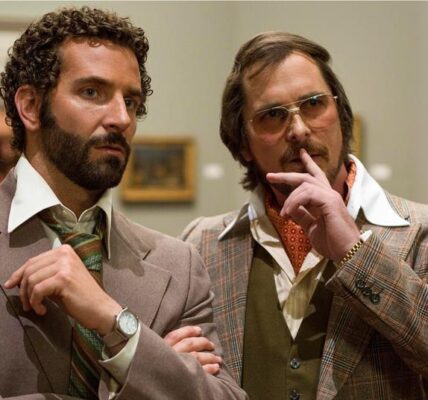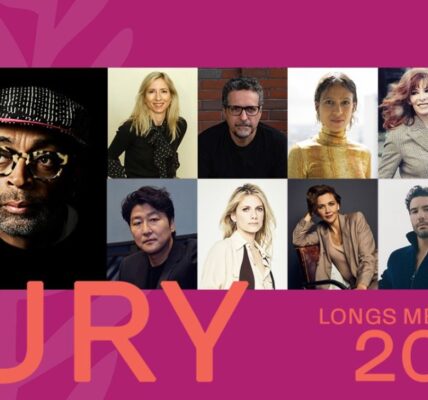Assistant Director – Danny McGrath
A Different Approach
As an experienced assistant director, Danny McGrath has worked on films as diverse as Where The Truth Lies, Robin Hood and Sherlock Holmes. And, as he explains, he’s done it all without setting foot in film school…
What does one do after 11 years of professional skiing? At the age of 27, and confronted by the reality that I should probably break my daily habit of throwing myself down ludicrously steep mountains in far-flung regions of the world, I realised it was time for a change of direction in life. I thought about what interested me other than skiing, and decided that my other real love in life was film. Was I young enough to restart and retrain? Hell, yes. But film school was too expensive; I needed to work and to earn, however little, to pay for housing and living. So, I presented myself at Shepperton Studios, at the production offices of Gulliver’s Travels (1996), which was starring Ted Danson and being directed by Charles Sturridge. A childhood friend of mine from Scotland, Stuart Renfrew, was working on the film as an assistant director, and had set up some work for me in the studio as a runner, for little or no pay. Great; I was off. No looking back now.
From that experience, it became obvious to me that being an assistant director was as good a way as any to learn the craft from the inside, and get paid at the same time. It was also immediately clear that the crew around me were all at the top of their game, and I felt privileged to be there. I could see that in such a competitive environment, I’d have to work hard and become an asset to the ADs, learn the game quickly, and not step on any toes. As a runner I started to develop what has become a bit of a motto for me ever since: If you want to get on in life, learn how to make a good cup of tea. From that point, the only thing I had to do was continue to work and learn, and to go as seamlessly as possible from one to the next.
Once I had become a third AD, things started to change. I started to really see the inner workings and the collaborative process in action. I had access to all departments and, during the process of breaking down a script, you could really see how they all played their role. Working the floor and directing the extras became what it was all about for me, creating plausible backgrounds for any given wide shot, and matching the action from the wide shots for the ups. Maps had to be drawn, names taken for continuity, Polaroids of groups of people in certain areas. It was during this process that I started to learn my lenses, and watch the camera department like a hawk. Every time I saw a lens change I wanted to know what that lens looked like and what its parameters were.
…
continues in movieScope magazine, issue 20










